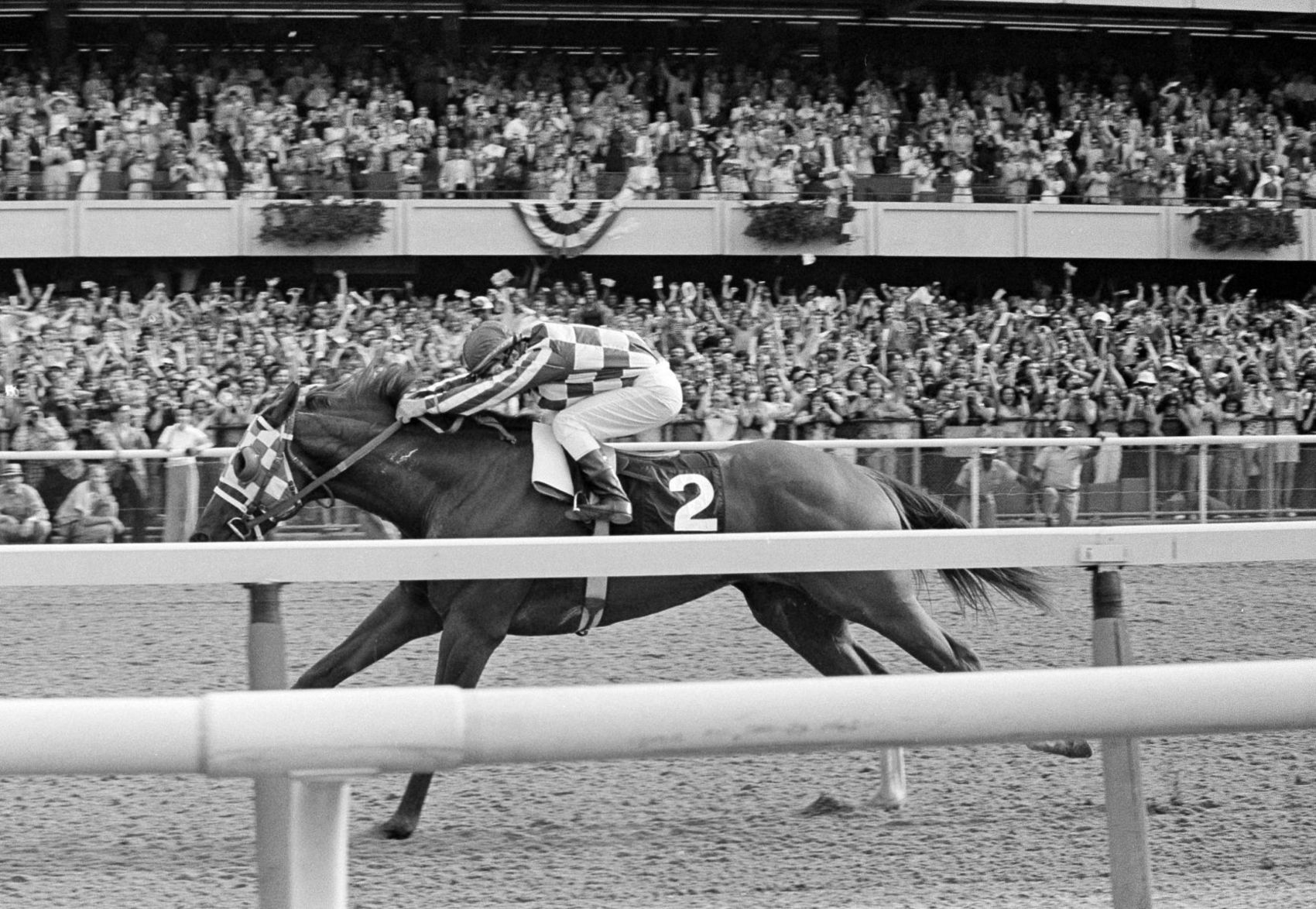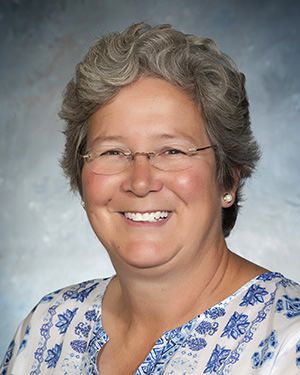The following appeared on the Opinion page of the March 28th Richmond Times Dispatch. It is titled, “Horse Racing Is Coming Home To Virginia”
Forty-five years ago, one of the greatest achievements in American sports occurred. Secretariat, from Caroline County, won horse racing’s elusive “Triple Crown.” It was an achievement so legendary that the Virginia horse appeared on the covers of Sports Illustrated, Newsweek, and Time magazines. In 1999, when ESPN ranked the top 50 athletes of the 20th century, Secretariat made the list. Virginia’s prize-winning Thoroughbred was the only non-two-legged competitor to appear in the rankings.
Of course, Secretariat was just the latest chapter in Virginia’s storied association with horse racing. Soon after the colonists brought horses to Jamestown in 1609, they were racing them across fields and down country lanes. By the mid-18th century, Thoroughbred racing would grow in popularity, peaking in the 1970s with Secretariat’s race to the record books. Today, Virginia remains a popular venue for steeplechase racing in the spring and fall. For all these reasons, it was beyond heartening to see the overwhelming support for a recent legislative proposal to reopen Colonial Downs, the only flat-track Thoroughbred racing venue in the commonwealth. Lawmakers made it clear they understood the far-reaching implications of returning Thoroughbred racing to the commonwealth — not only for our horse industry, but for our collective history as Virginians.
Their bill, now awaiting Gov. Ralph Northam’s signature, did not come a moment too soon. Virginia’s horsemen now have to travel to Maryland, West Virginia, and Pennsylvania to race, thereby losing revenue that would have stayed in the commonwealth.
In 1997, Virginia Thoroughbreds ran more than 2,300 races, a figure that dropped to just 333 by 2014. The fallout has been even worse for breeders. While more than 700 Thoroughbred mares were bred in Virginia in 1997, by 2014 that number had fallen to 43.
What was desperately needed was a means by which to generate the revenue necessary to return serious horse racing to Virginia, starting with the critical step of reopening Colonial Downs. The fact is, racing itself just can’t do it. That’s why horse tracks around the country have embraced other revenue sources to survive. Historical horse racing machines, which will now be allowable per this legislation, have become a popular option nationally.
These machines allow adults to wager on horse races that have already been run, without knowing the outcome or the race prior to participating. Churchill Downs, home of the Kentucky Derby, is currently in the process of spending nearly $60 million on an expansion to install historical horse racing. In Arkansas, historical horse racing machines have been credited with literally saving the state’s horse industry.
It was for all these reasons that the Virginia Horse Racing Industry Strategic Planning Committee, in a report to the Virginia Racing Commission last December, concluded historical horse racing was crucial to getting the Secretariats of tomorrow bred, trained, and racing in Virginia again. In that report, the committee stated: “If historical horse racing is not developed in Virginia, it is doubtful that Virginia’s horse racing industry will ever be competitive with Maryland, Pennsylvania or Delaware; on the contrary, Virginia’s horse racing industry, without historical horse racing, will remain an also-ran.”
Thankfully, the members of the General Assembly heeded this advice, and took swift, bipartisan action to get horse racing back to Virginia, passing legislation with a 75 percent majority in the House and Senate. The work to restore Colonial Downs to its former glory has broad industry support. The plan has been endorsed by the Virginia Racing Commission, and has the backing of my organization, the nonprofit Virginia Equine Alliance, which represents a broad array of groups including the Virginia Horsemen’s Benevolent & Protective Association, the Virginia Thoroughbred Association, the Virginia Harness Horse Association, and the Virginia Gold Cup. These organizations all recognize the Colonial Downs proposal as the key component for bringing back the horse industry in the commonwealth and all the benefits that will come with this restoration, from job creation to tax revenue to economic development.
We look forward to Northam signing this bill as passed by the General Assembly, and to the reopening of Colonial Downs next year. It will mark a welcome return for horse racing fans, but more than that, it will mean the restoration of a tradition and an industry that has long been a defining part of Virginia’s history and economy.



